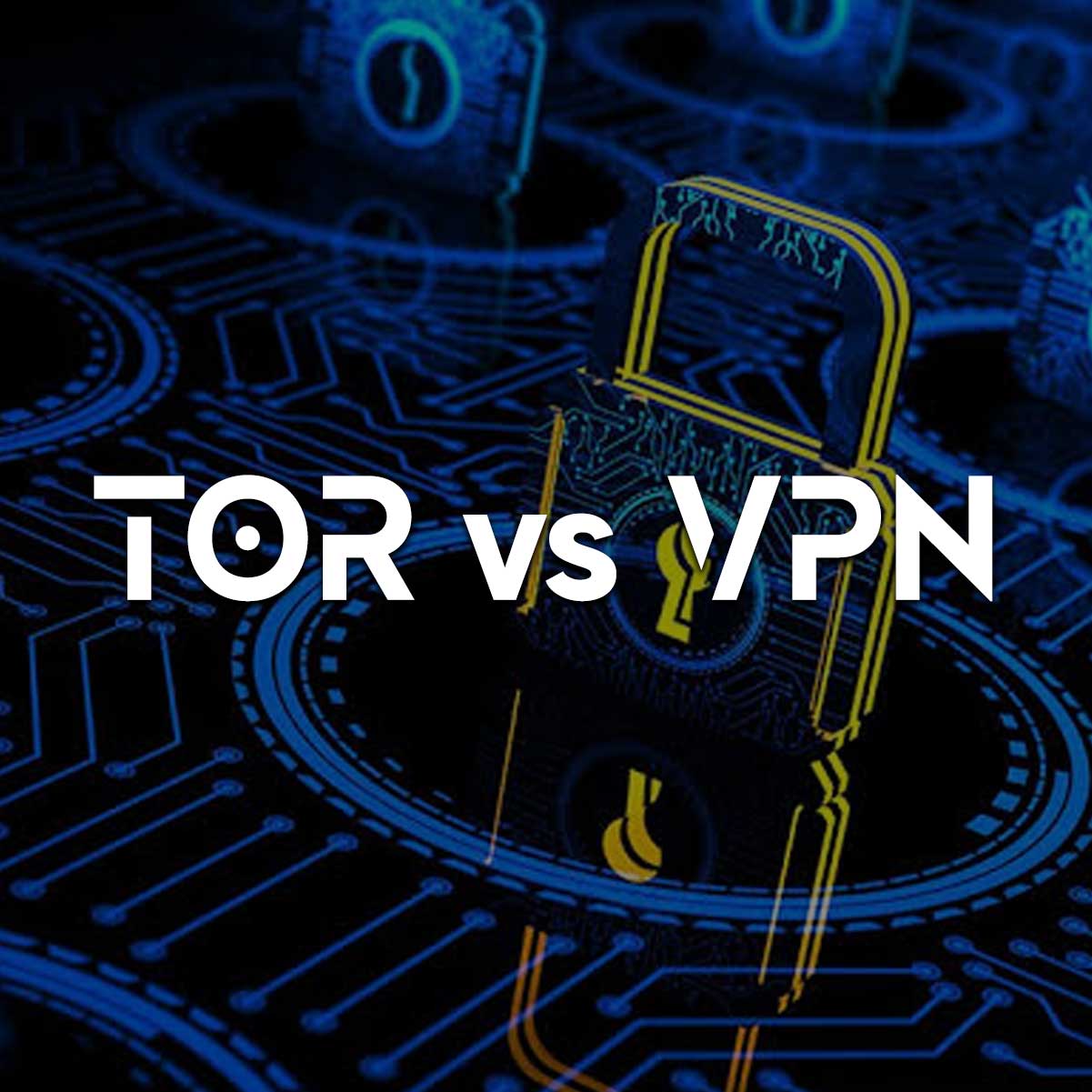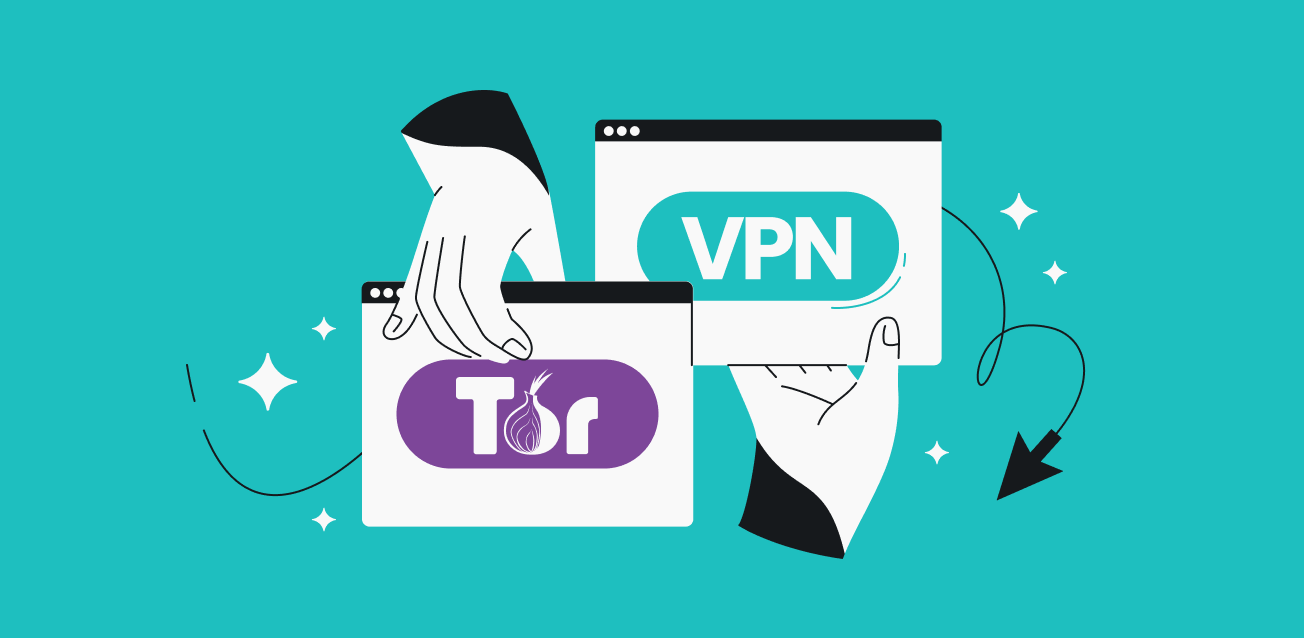Featured
Table of Contents
Tor Vs Vpn: What's The Difference And Which Is Safer?
The creators explain Tor as software that assists protect you online. When you use the Tor Web browser, it redirects your internet traffic through the Tor network of volunteer servers spread around the world.
Assists bypass geoblocking and censorship: if some website is obstructed in your country, Tor can allow you to access it. Your connection can only be as fast as that of the slowest node.

Many Tor users would have to wait 3 times as long to download something. As Tor operates on a volunteer network, you can't know if your data isn't being obstructed.
Tor Vs. Vpn: Which Should You Choose?
Bad for accessing particular geoblocked material: it's hard to gain access to geoblocked material that is just readily available in a single country. Random node choice indicates you can't really control the nation where your exit node and the IP service reads will be. Limited accessibility to websites: some daily sites block Tor network connections.
Having the ability to pick what server you'll connect to, only routing data by means of a single server, and having the business look after the servers guarantees that the VPN connection is practically as quick as using unprotected internet. This method is more expensive to maintain. Great web speed: because VPNs just bounce your signal via a single server, your connection is much faster.
This enables Tor to ensure that none of the servers understand both the sender of the data and its destination, while a VPN warranties better speed and a real option of server. Significantly, a VPN can provide a multiple-server feature. For example, Dynamic Multi, Hop allows Surfshark VPN users to choose two servers to route their data through.
Is It Safe To Use Vpn In Combination With Tor Browser?
If your internet traffic links to the VPN server prior to the Tor network, the VPN server spoofs your IP. That indicates that even if the Tor entry node is compromised, the interested party will not be able to get your IP address.
As long as you have actually a relied on VPN company, using the Tor web browser with a VPN might be a worthy trade-off. Tor and VPNs are personal privacy tools with comparable purposes.

Tor is safer for sharing sensitive details or anything else that might put you at danger. In general, it's mostly for searching it's slow and not suited for downloading files or streaming. A VPN, on the other hand, is much quicker. It can likewise provide the very same levels of security and privacy if you have a good and relied on provider.
Tor Vs. Vpn - Which Online Privacy System Is Better? 2023
Tor will encrypt the Spotify website however not the app, while a VPN will secure both. Tor runs your data through several layers of file encryption at as soon as, while VPN providers normally just utilize one layer.
Yes. Tor conceals your IP when you are looking for something on Tor. It is necessary to note, however, that this only applies to the browser itself. Any traffic that does not go through Tor will be exposed. Using a VPN with Tor can lead to internet speed slowdowns: You are routing information through 4 servers; The VPN server and the Tor entry server might be located far apart.
VPN is better for streaming, downloading, and other day-to-day usages. Simply put, the distinction is that Tor routes your internet traffic by means of three random servers and encrypts it 3 times, VPN routes it by means of a single server of your option and encrypts it as soon as, and a proxy just routes your traffic by means of a single server.
Unmasking The Differences Between Tor And Vpn
No matter why you want to remain incognito online, you're most likely to choose a Virtual Private Network (VPN) or Tor web browser. These are two of the most popular options amongst those concerned about safeguarding their digital identity. If you are looking to select one, which is the most ideal? To put it simply, Tor is best for those transmitting delicate info.
Table of contents Tor and VPN are tools utilized to remain confidential online. The Tor internet browser is a free, open-source job allowing you to browse the web anonymously.
Yes, the name sounds ridiculous, but the idea behind it is fantastic: the Tor internet browser network is built of layers upon layers of independent nodes run by Tor users. A VPN helps you protect your online privacy by producing a safe connection to any network or server online.
Tor Vs. Vpn: Is One Better Than The Other?
The key distinction between Tor and a VPN is that there are several VPN tools and service companies offered however only one Tor browser network. Tor relies on a decentralized layer of independent nodes to move information securely, while VPN software application connects to a central server to offer a protected VPN tunnel.
Latest Posts
Best Vpn Services Of 2023 - Security.org
What Is A Vpn Tunnel And How Does It Work?
The Best Vpn Services 2023